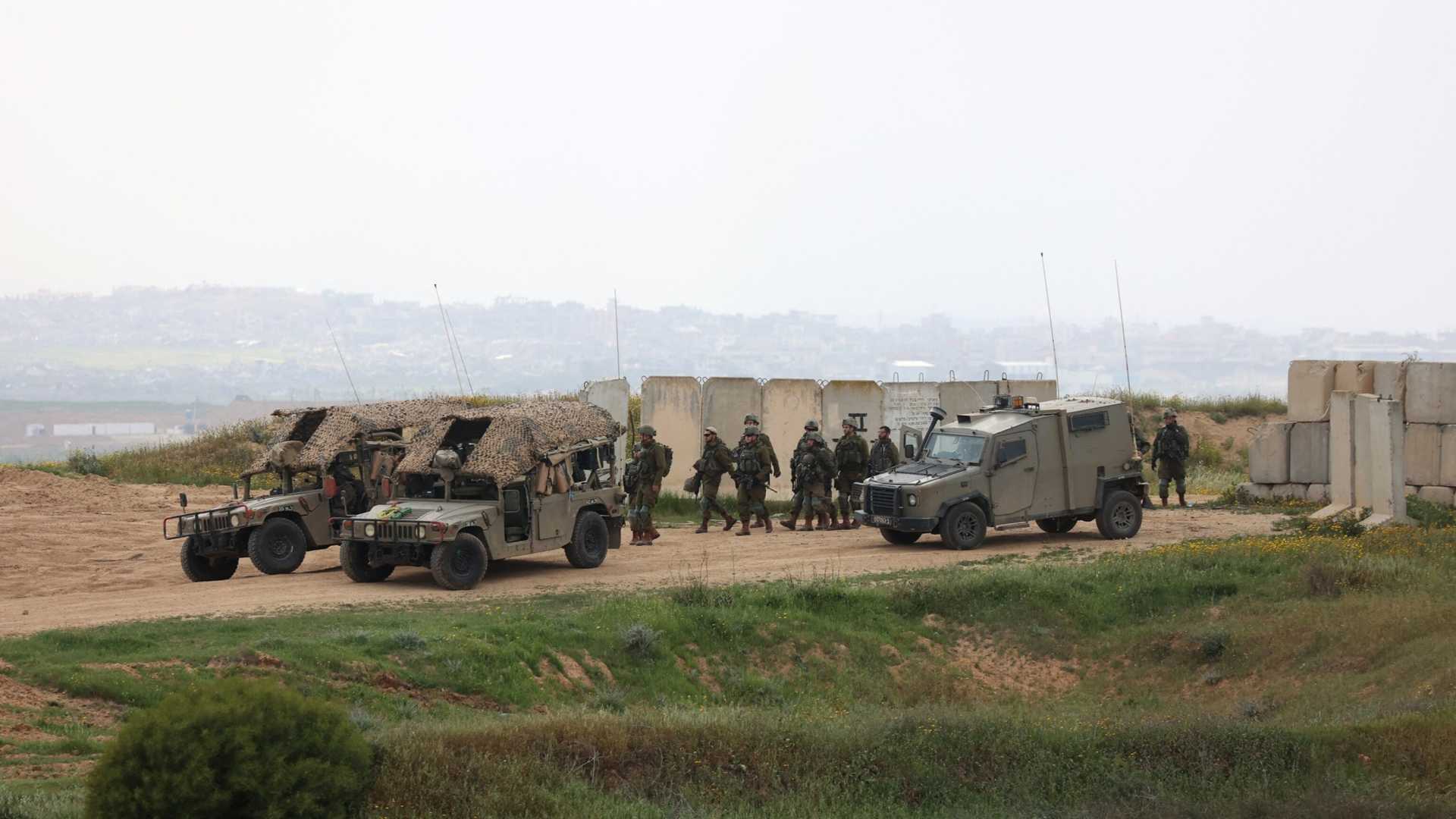News
Israel Expands Military Operation Against Hamas, Adjusts Humanitarian Aid Strategy

JERUSALEM, May 5 (Reuters) – Israel‘s security cabinet voted on Sunday to scale up military operations in Gaza against the militant group Hamas, with plans to capture and hold territory in the enclave. The decision comes as the Israeli military prepares to deploy tens of thousands of reservists in response to a deteriorating humanitarian situation and ongoing hostilities.
The Israeli military has increased pressure on Hamas with an aggressive campaign aimed at recovering hostages and eliminating terrorist infrastructure. Since resuming ground operations on March 18, after a two-month ceasefire, the military has intensified its attacks in the territory, killing over 52,000 Palestinians, many of whom are civilians, according to local health authorities.
Prime Minister Benjamin Netanyahu stated the new plan marks a shift from temporary raids to a sustained Israeli presence in Gaza. “This operation is different from previous ones,” an official quoted him as saying. “We will not just hit and leave; we will establish control over the territories.”
The security cabinet is also discussing a phased resumption of humanitarian aid deliveries, which have been blocked since March 2. While the new aid framework is meant to prevent Hamas from controlling supplies, it has faced criticism from international organizations. The United Nations and other agencies claim that the plan contravenes humanitarian principles and could deepen suffering among vulnerable populations.
Israeli officials aim to open channels for aid distribution through private companies, but many humanitarian groups have vowed to reject any plans that do not meet established humanitarian standards. The Humanitarian Country Team expressed concerns that the framework would reinforce Israeli control over essential supplies.
Security cabinet member Zeev Elkin added that there is still a potential opportunity for a hostage release agreement before U.S. President Donald Trump‘s upcoming visit to the region. However, as of now, none of the remaining 59 hostages have been freed since the offensive resumed six weeks ago.
Critics of the military strategy argue that prioritizing territory over the release of hostages is contrary to public opinion in Israel, where there is growing support for a ceasefire and a path towards negotiations. “The government is choosing land over lives,” said a representative from the Hostages and Missing Families Forum.












